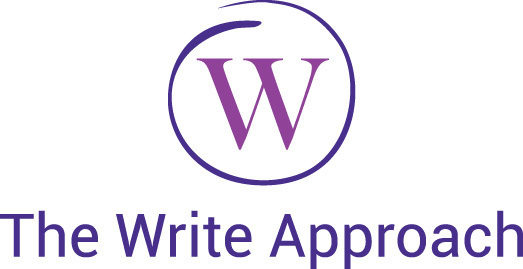Elections: Learn more than just how to vote
Love ‘em or hate ‘em, elections provide excellent lessons in communication planning. A campaign is carefully planned out well in advance of when the writ drops.
With such a short window to reach voters, nothing can be left to chance. Parties carefully plan what, when and how they want to get their message across. The same principles apply to developing any campaign.
Know your audience
Political parties do an excellent job of knowing who votes for them. Plenty of information comes from polls, voter lists, supporter information and lots of research. This is one area where parties spend their resources.
Once they understand what their voter looks like, they tailor their message. Tailoring doesn’t mean changing the message. A change of position on an issue will be quickly called out as pandering or flip-flopping.
Tailoring means using language and telling stories that will resonate with their target supporters. They may not connect with everyone, but it doesn’t matter. They know who’s in their focus.
State your key message and state it again
The heart of a campaign revolves around a list of key messages. This is the fundamental information they need the voter to understand.
These messages focus on where the party or candidate stands on the topics voters have identified as important – usually the economy, jobs, health care and the environment. With the wrong key messages, a candidate may look like they don’t have a platform.
Candidates must stay on message. They can’t be distracted by the topic of the day. This means being adept at responding to questions and issues and then always bringing the conversation back to their key message. If this isn’t done well, the candidate just looks like they are avoiding the question.
Choose your tactics wisely
Political campaigns are expensive. Campaign spending limits mean that candidates are required by law to stick to a strict budget. They can’t afford to just try something out.
Before money is spent on a multi-million dollar ad campaign and literature, it has to be carefully planned to ensure the messaging is consistent, the right tactics are being used and their approach is reaching the right audience.
Applying the lessons learned
Of course campaigns rarely run smoothly from start to finish. A misspoken word can turn into the damaging sound bite of the day. A bad tweet can haunt a candidate. An unexpected question can leave a candidate look completely unprepared.
A well-run campaign tries to plan for all the elements that are within a candidate’s control with extra preparation to deal with any surprises.
Pay close attention to all the candidates this election season. Watch how parties and candidates get their message across. The take away is that communication planning is critical to any campaign, whether it’s political, internal or marketing:
- Focus your efforts on the right targets and tailor your message to your audience. You likely can’t be everything to everyone.
- Know your key messages and stick to them. Don’t flip flop.
- Plan your tactics wisely so they reach your target, carry your message and aren’t lost in the noise.
The lessons from elections can be applied to any business, minus the attack ads of course.
Ready to get started with your own communication plan? Contact us at info@writeapproach.ca

